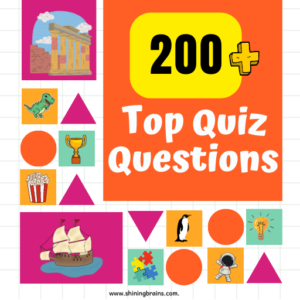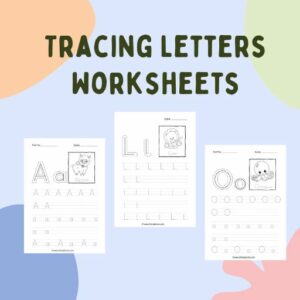Tracing letters A to Z is an essential activity that helps children learn how to write. It is a crucial step in developing a child’s fine motor skills, hand-eye coordination, and muscle memory. Tracing letters Worksheets also helps children understand the basic strokes and shapes that makeup letters and prepare them for writing. These worksheets are the perfect kindergarten alphabet worksheets that help in practising letter formation.
How to use kindergarten tracing letters worksheets?
Tracing letters can be done in many different ways, from using pencil and paper to tracing letters in the sand or using a stylus on a tablet. Regardless of the method used, the goal is to help children develop a sense of control over their writing movements. It also helps them to understand the proper way of forming each letter and to develop good handwriting habits.
Related: Also, check out these other fun Alphabet Worksheets
When teaching children to trace letters, it is essential to start with the basics. Begin with the letters that are easiest to form, such as the straight lines of the letters ‘L,’ ‘I,’ and ‘T.’ After the child has mastered these letters, gradually move on to more challenging ones that involve curved lines and loops, such as the letters ‘C,’ ‘S,’ and ‘G.’
Parents and teachers can make tracing letters fun by using worksheets that have pictures and letters. Children can use markers, crayons, or coloured pencils to trace the letters and pictures, which can help to develop their creativity and imagination. It is important to start practising holding pencils and writing letters in preschool and kindergarten.
Trace the letter worksheets
Related: Also, check out Cursive Letters Worksheets for older kids
Click on each picture below to head over to download the required free alphabet worksheet.
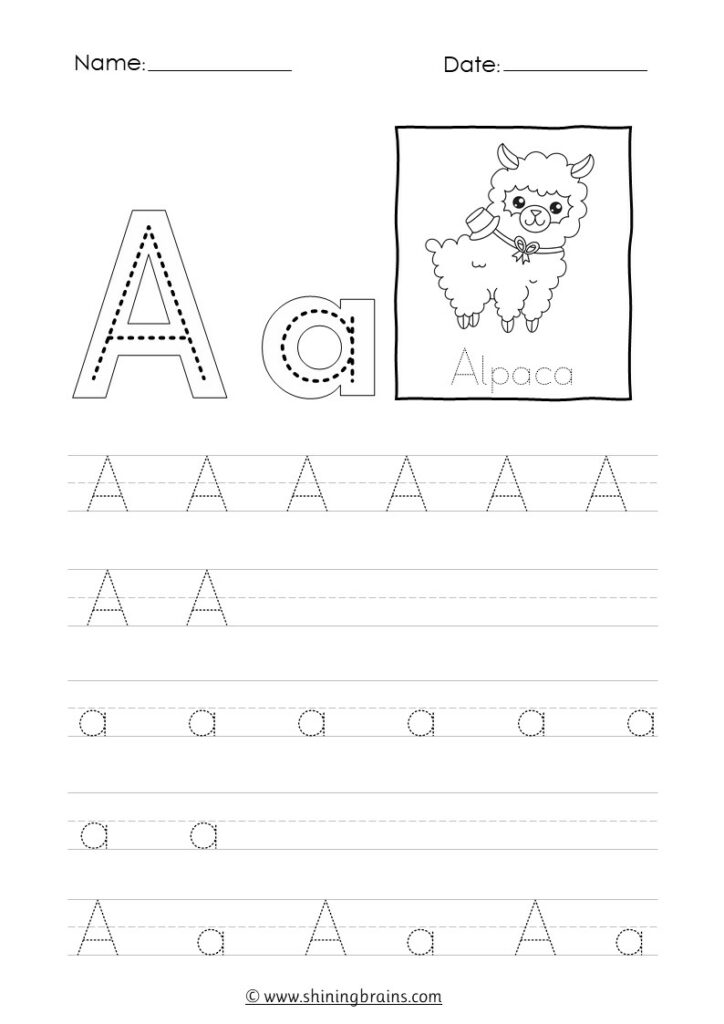
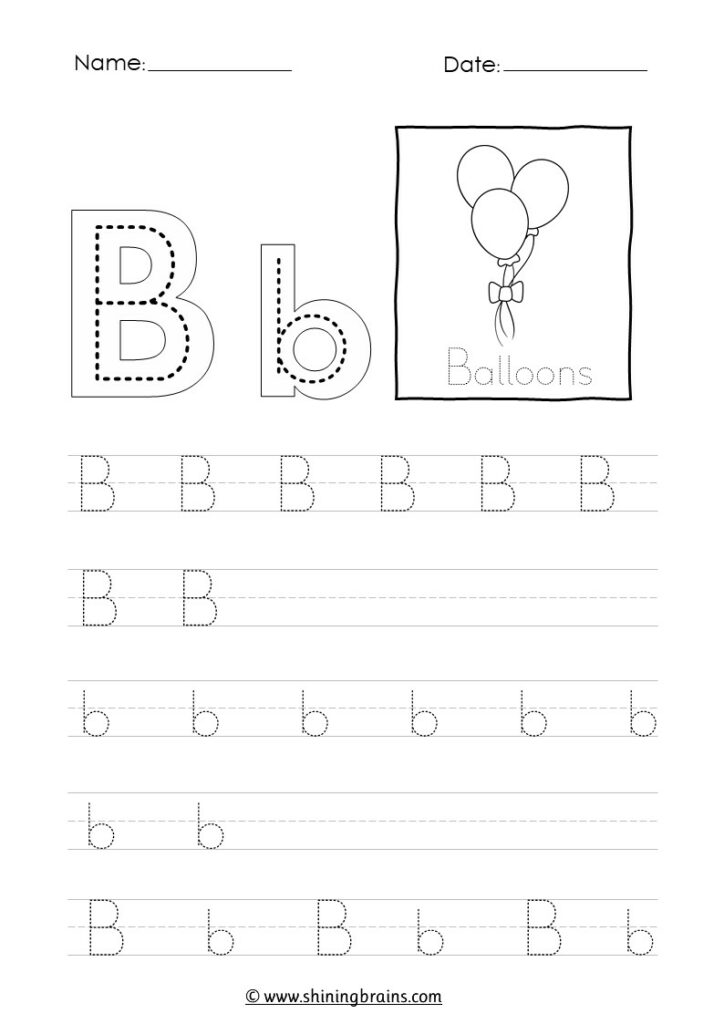
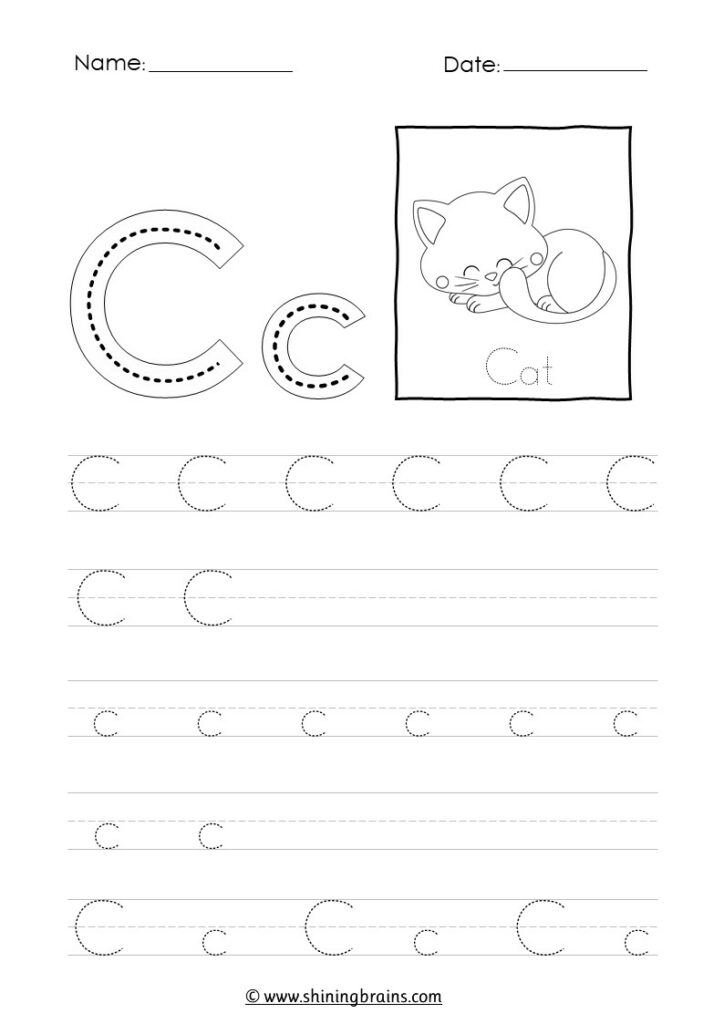
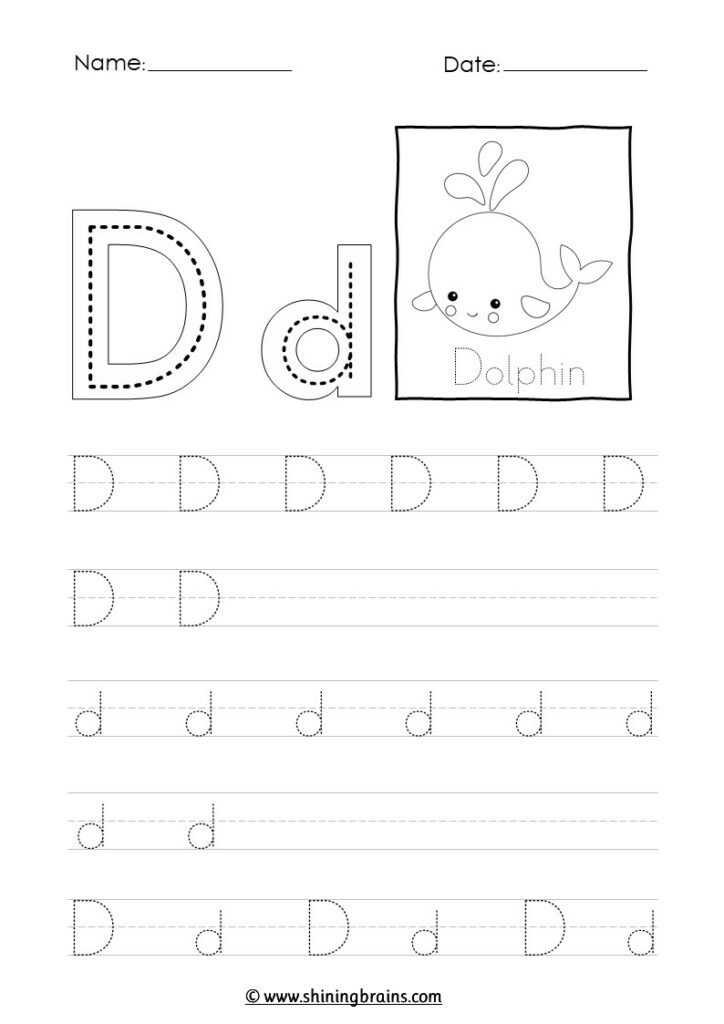
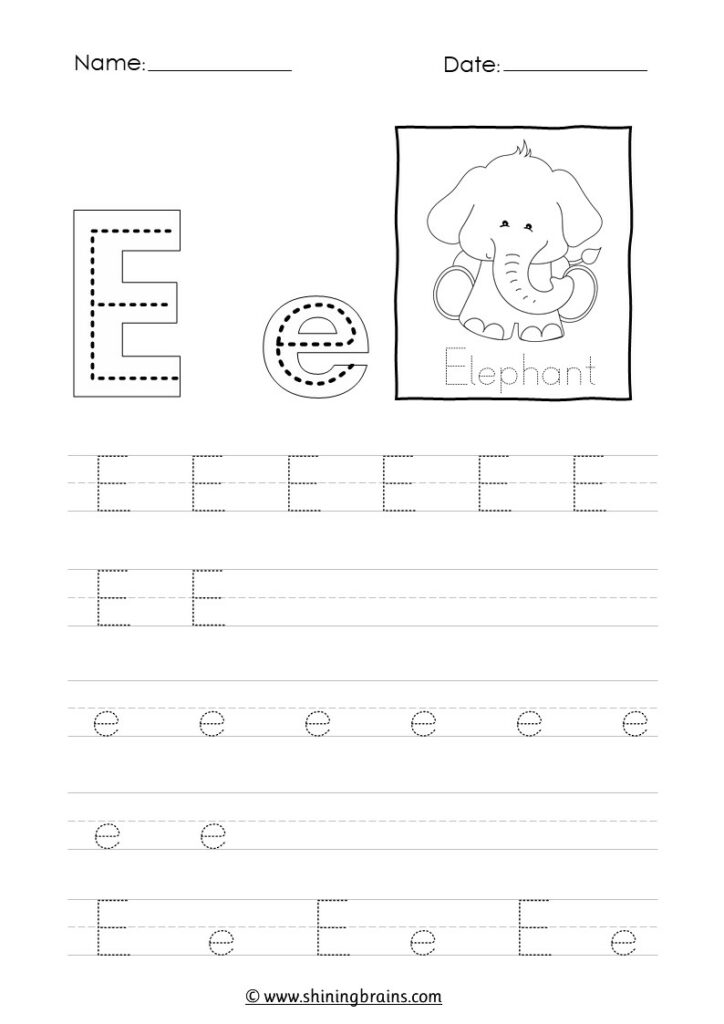
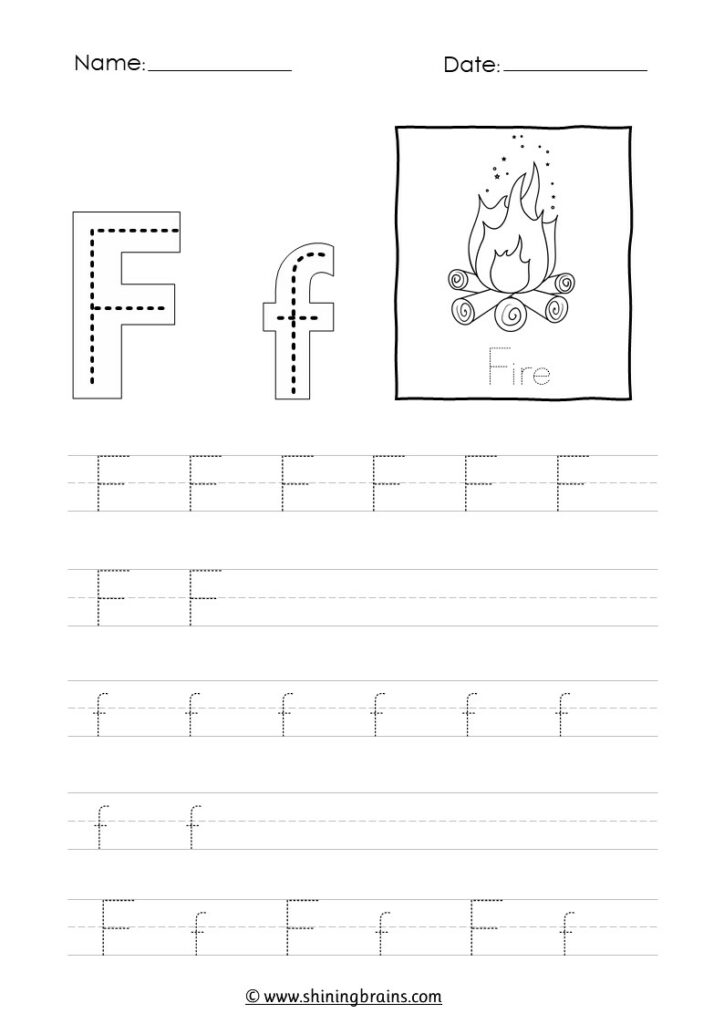
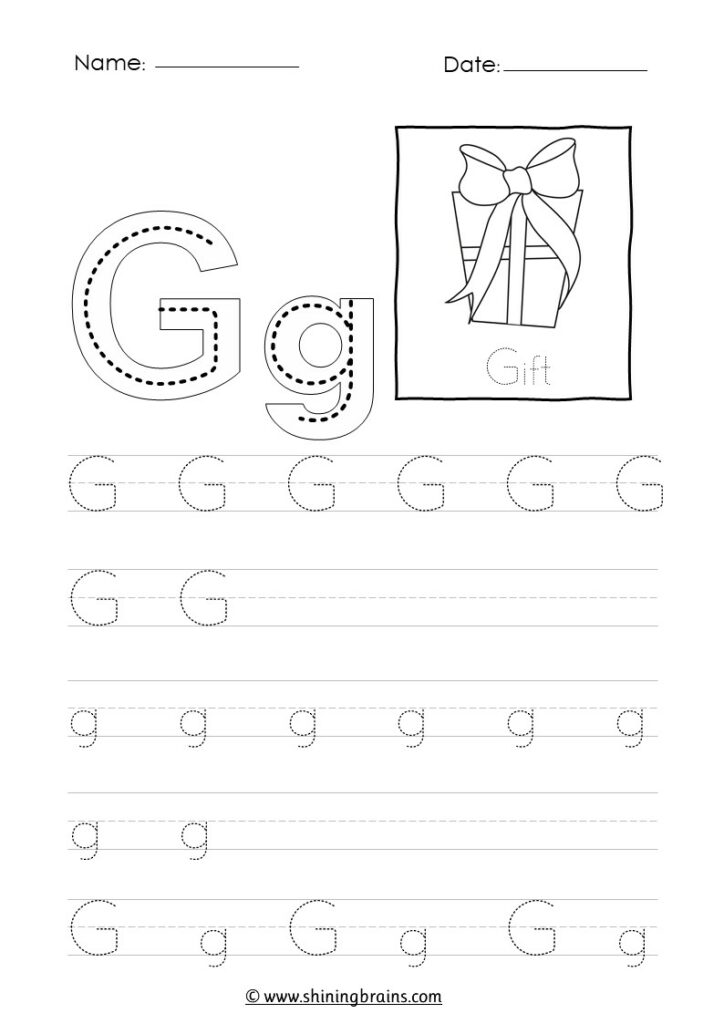
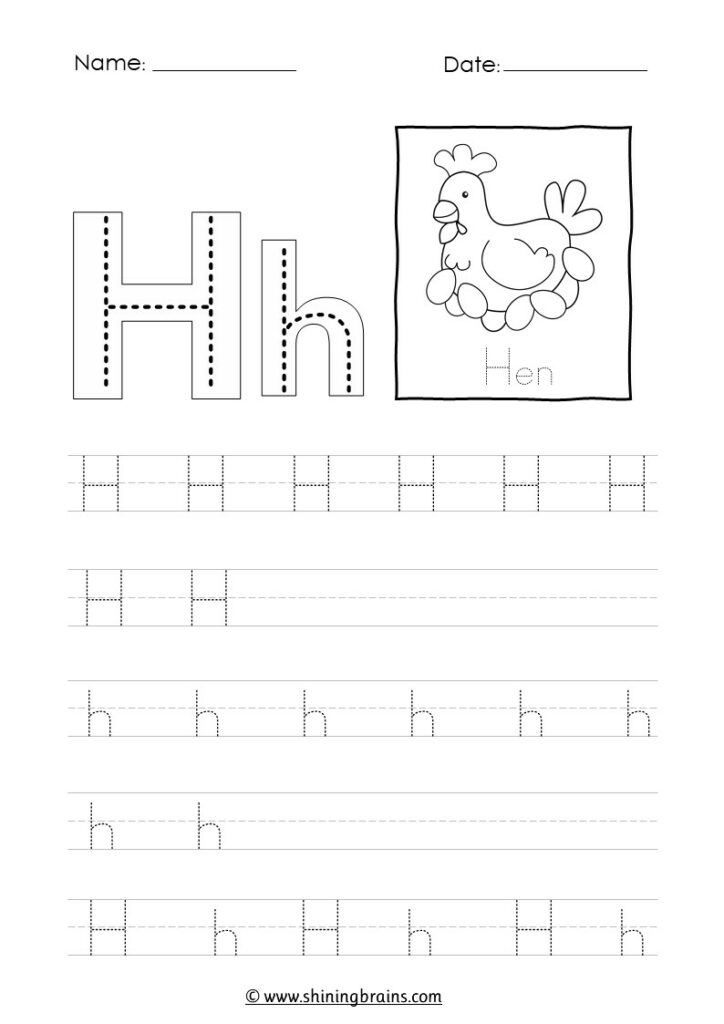
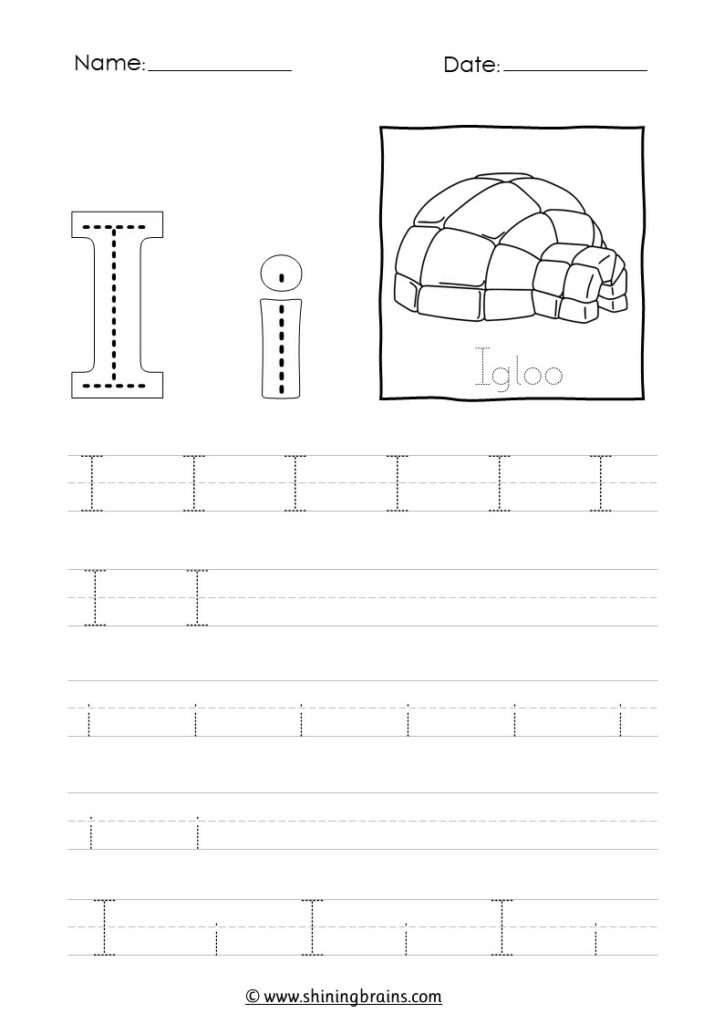
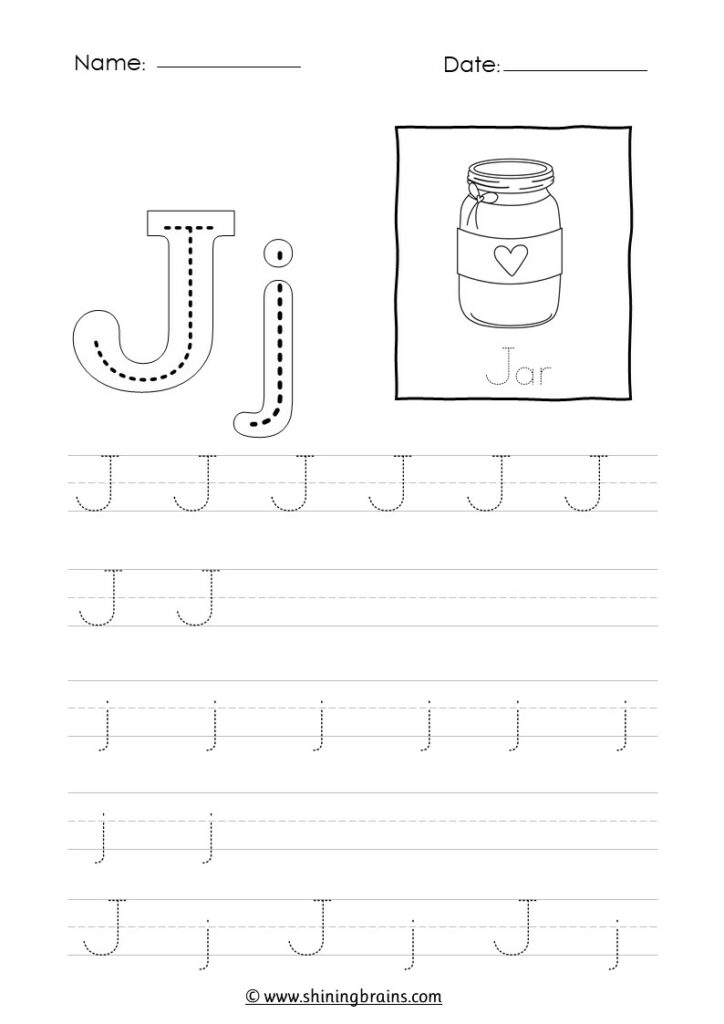
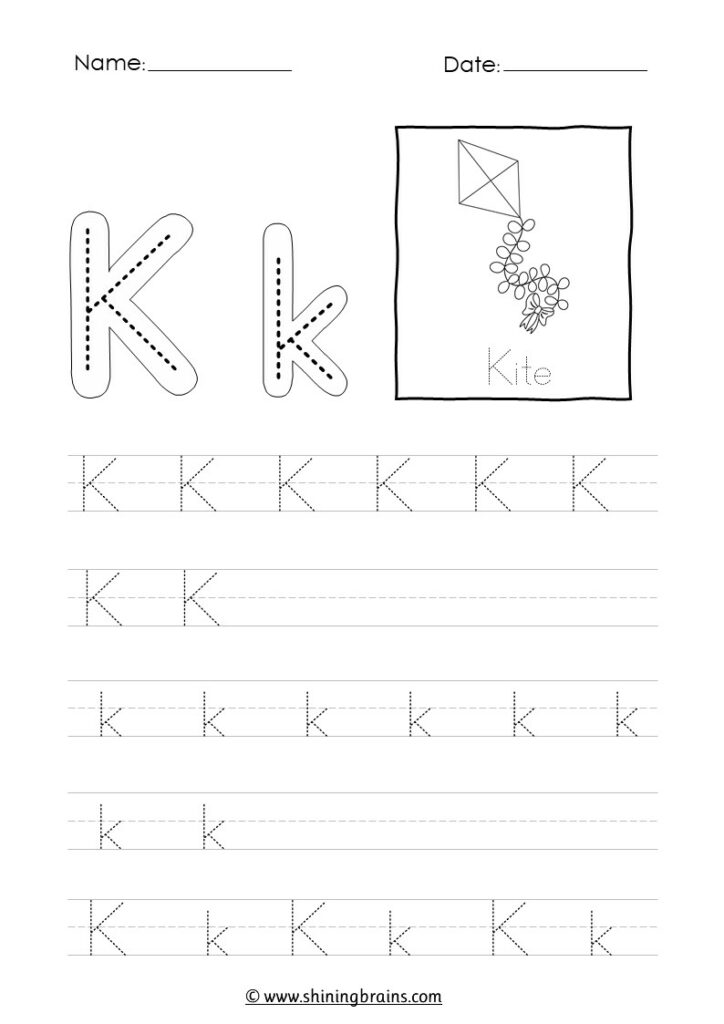
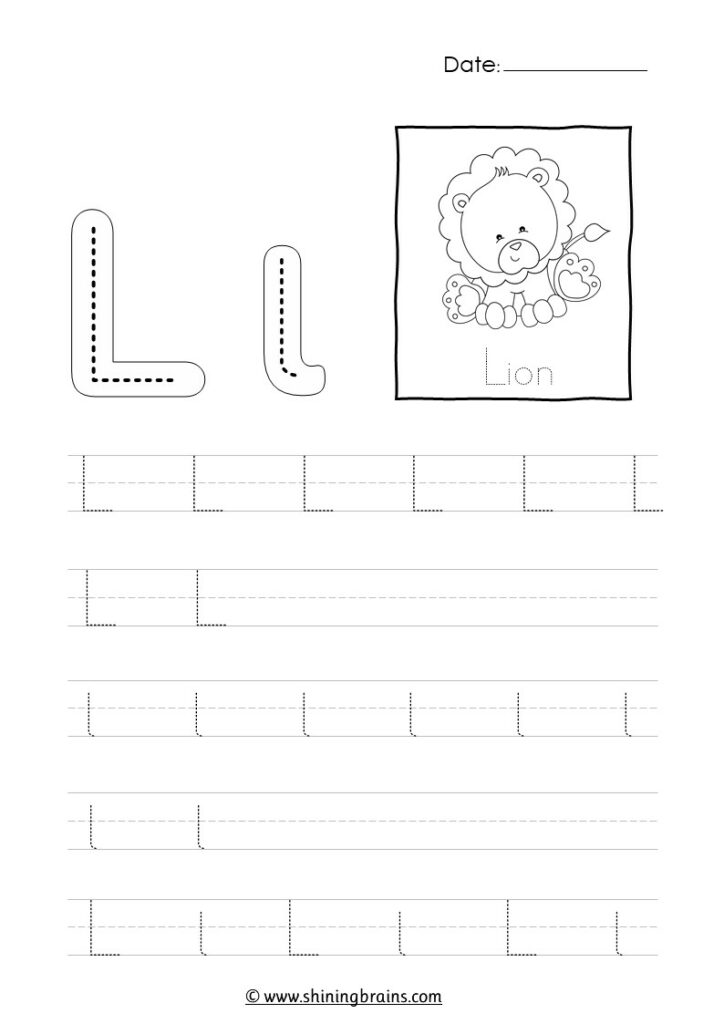
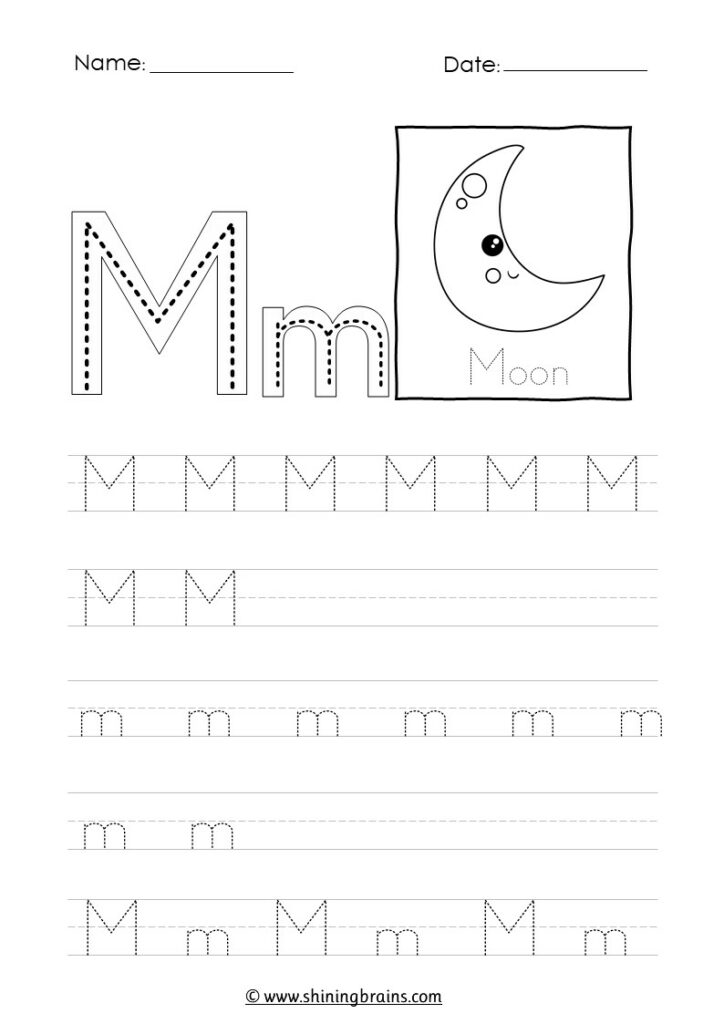
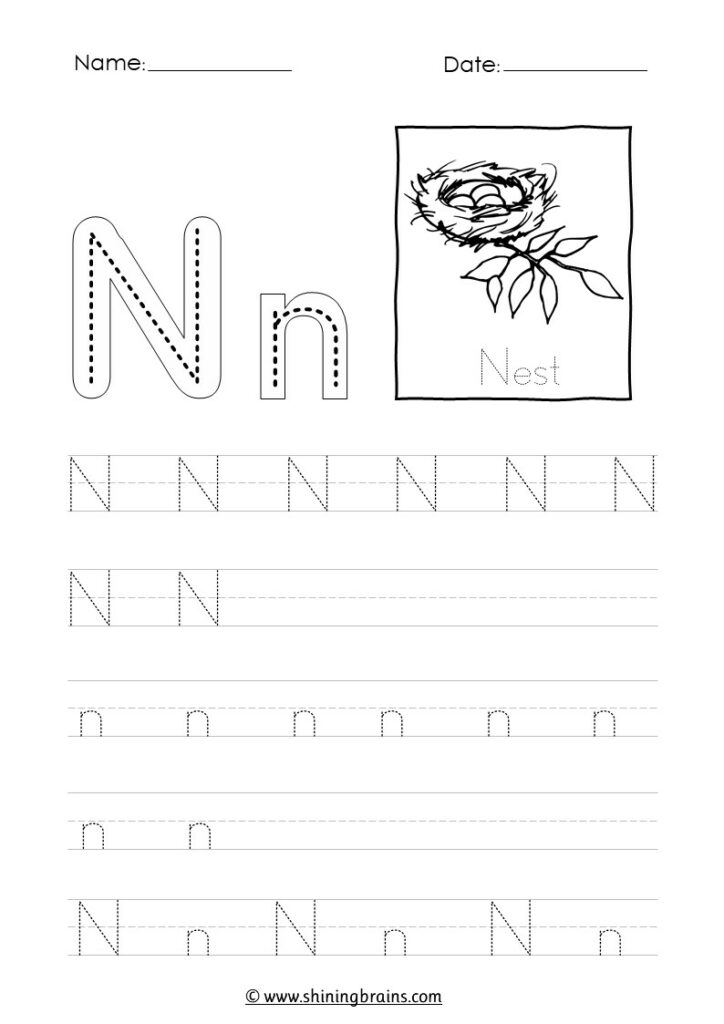
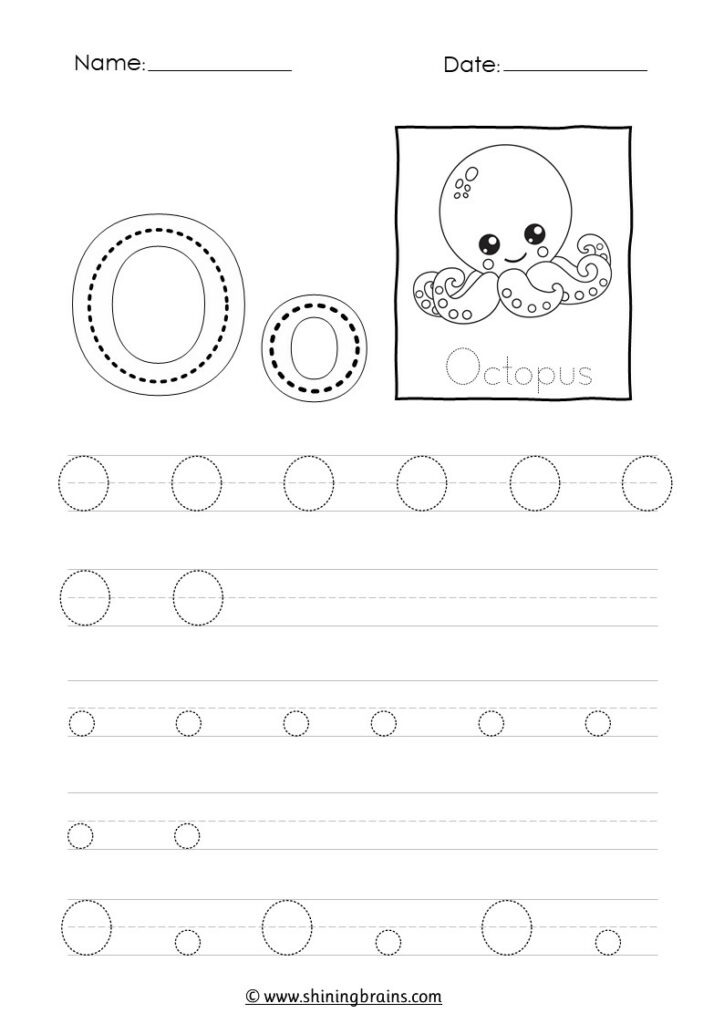
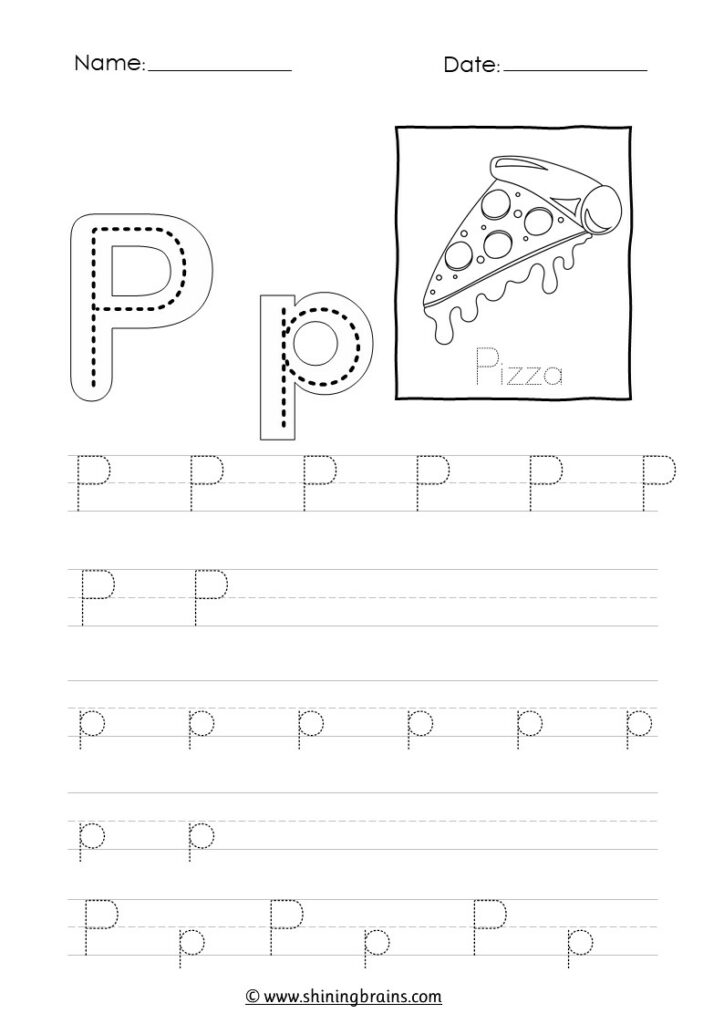
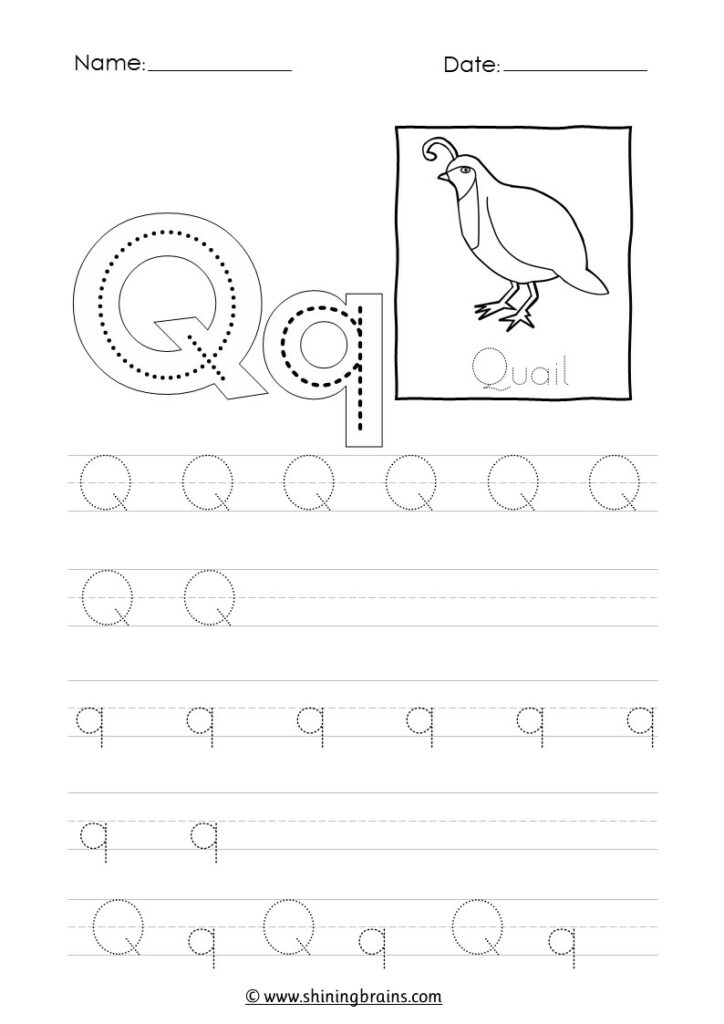
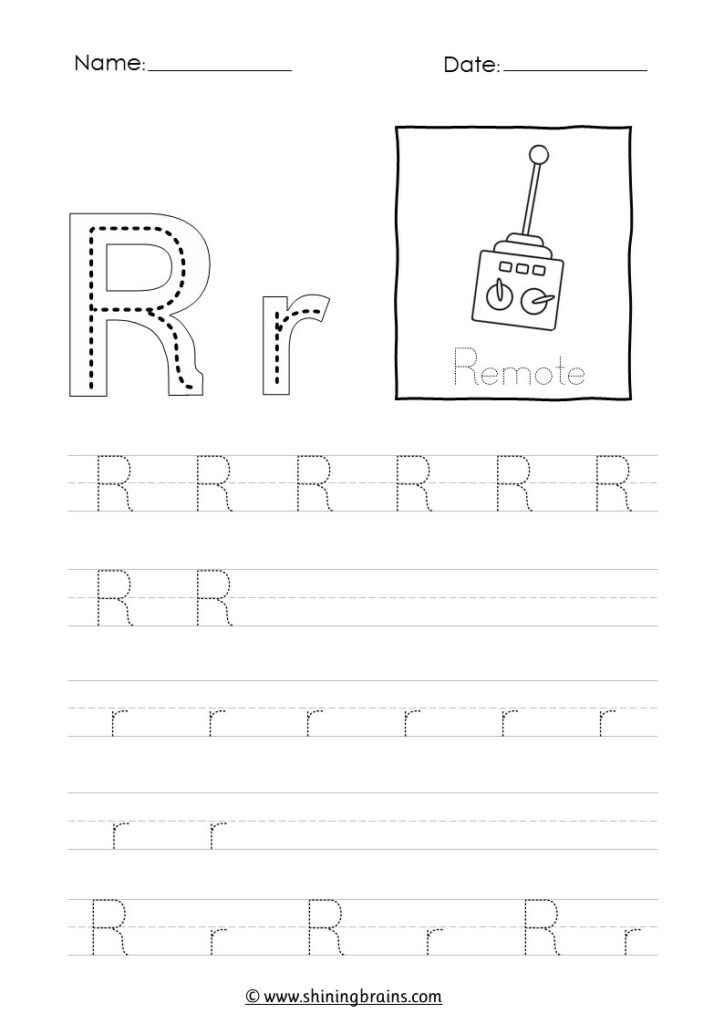
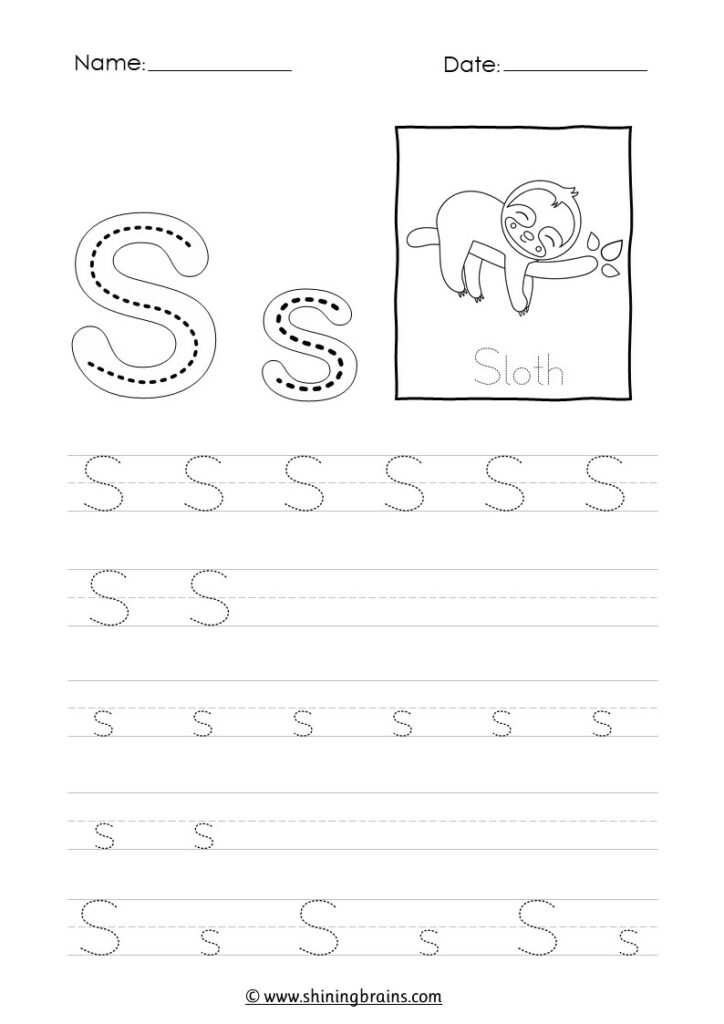
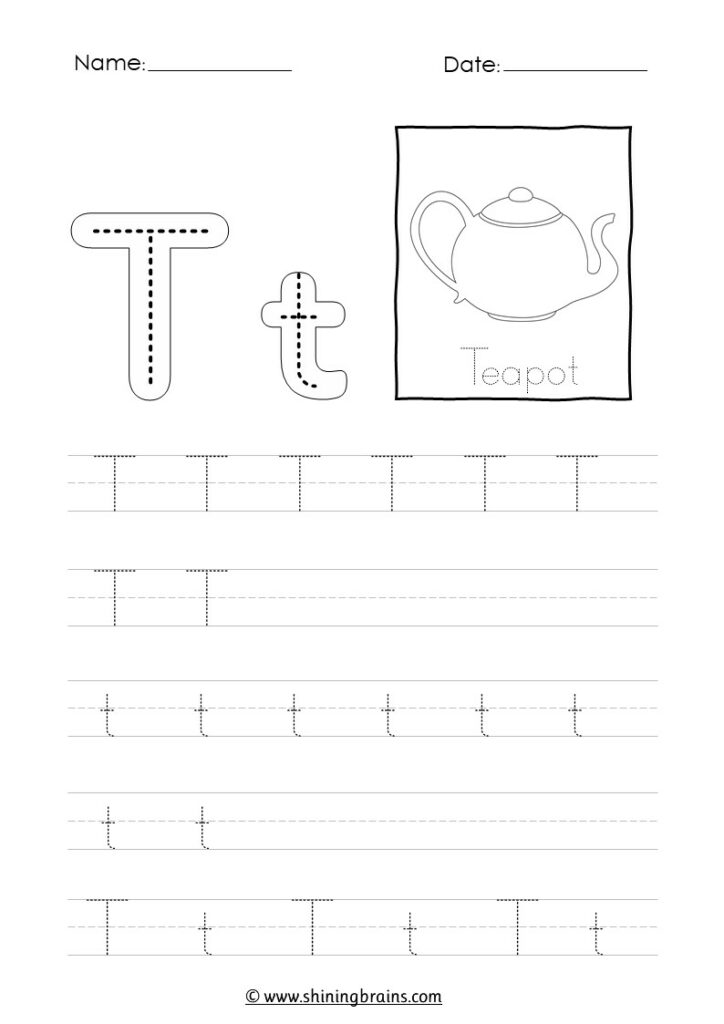
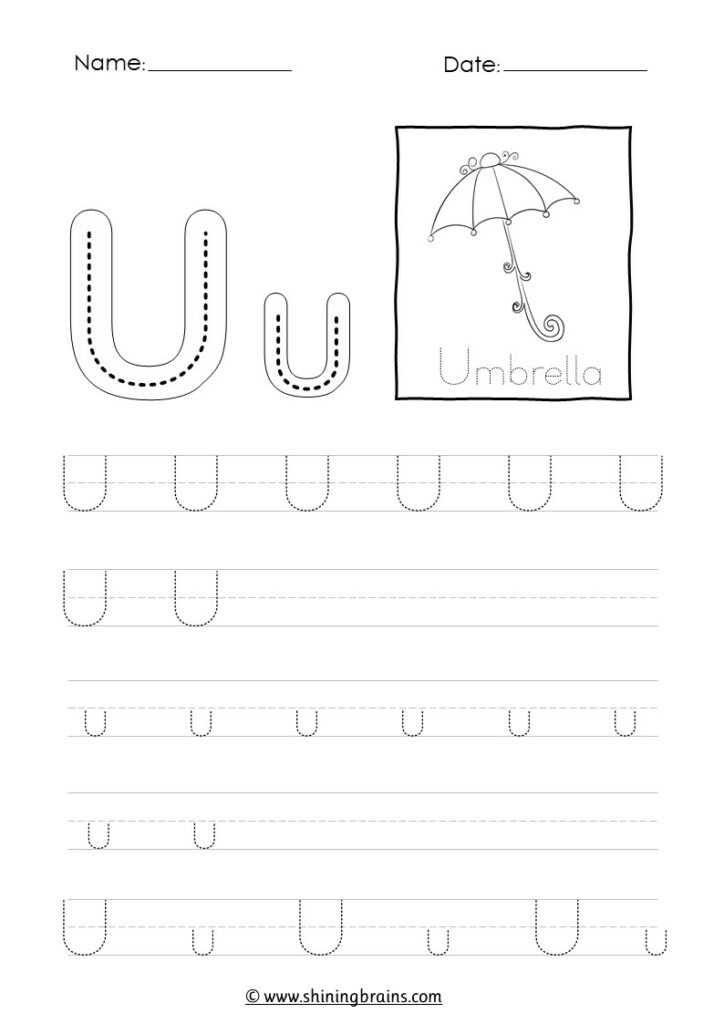
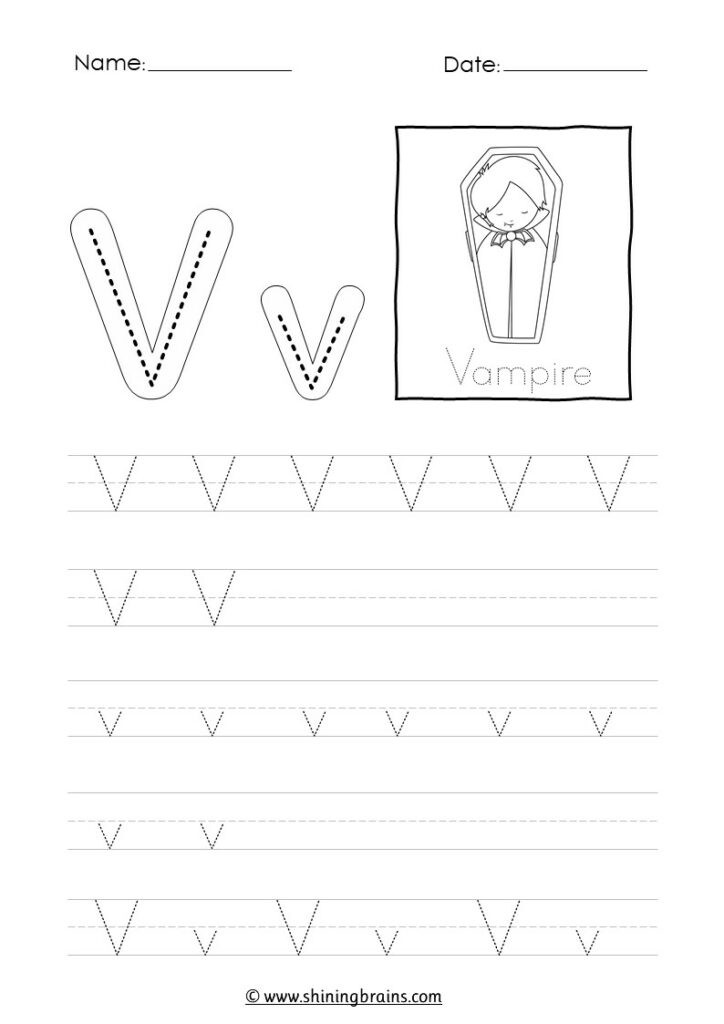
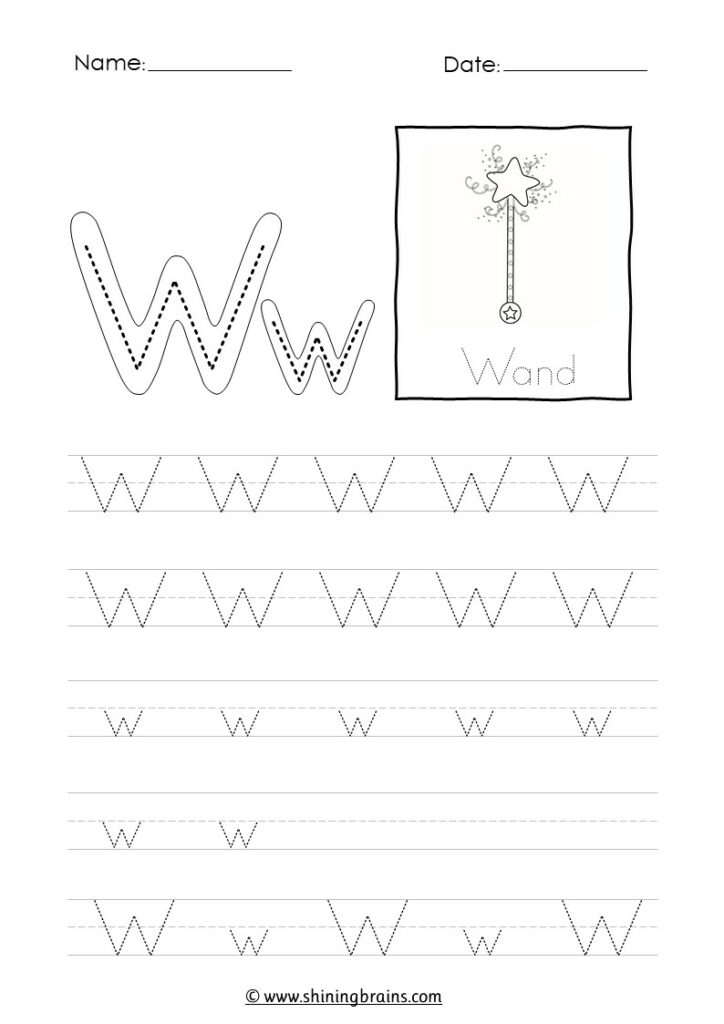
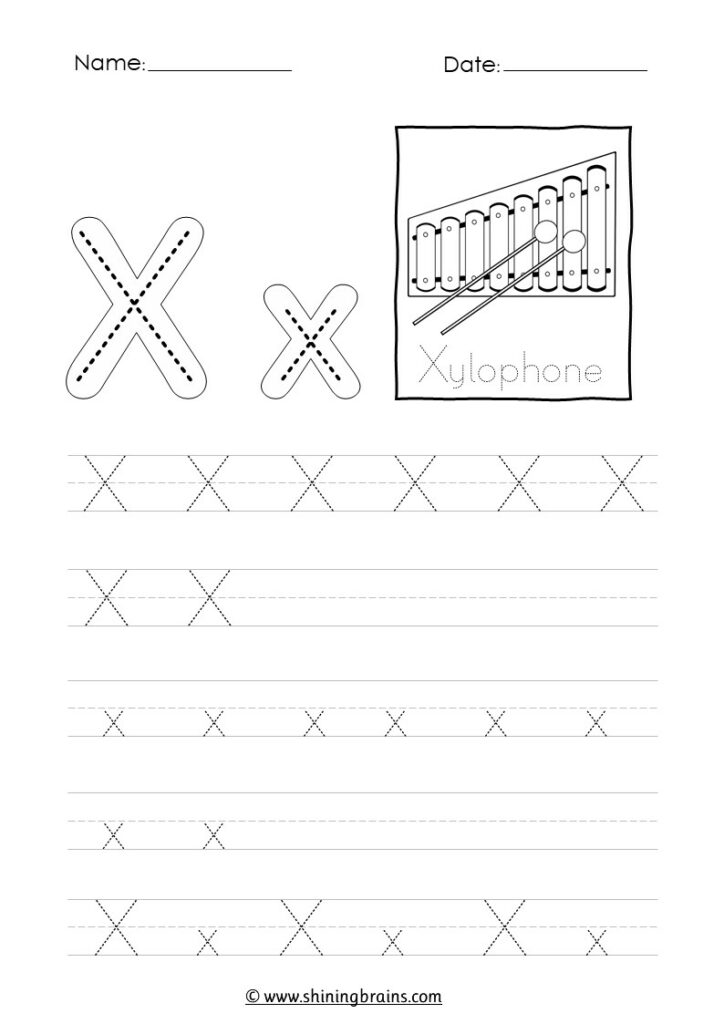
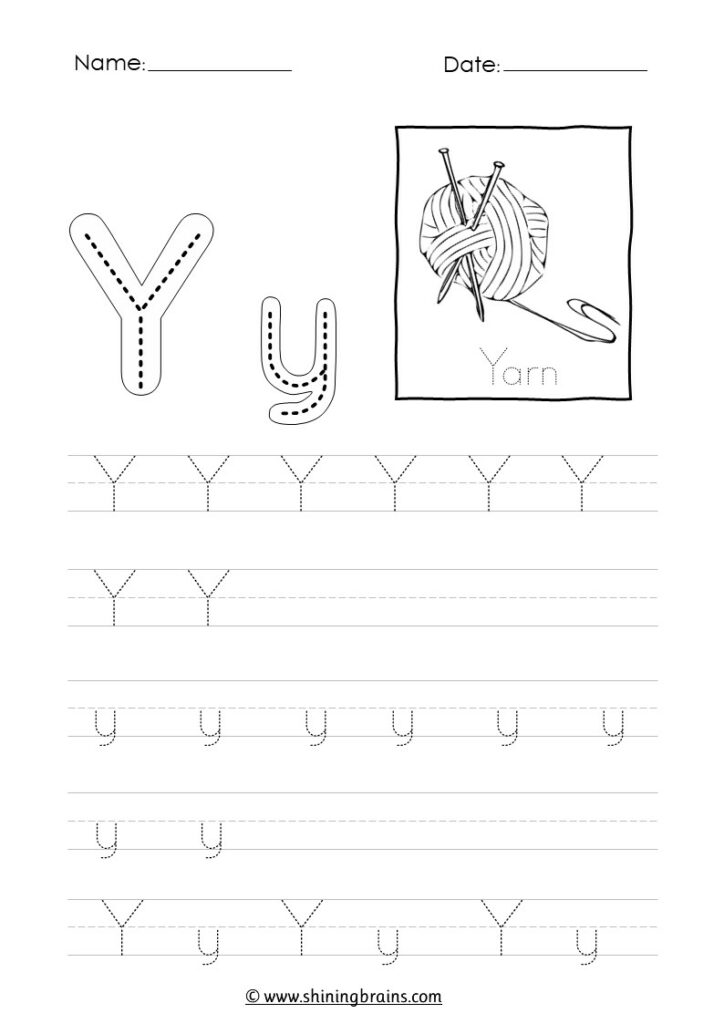
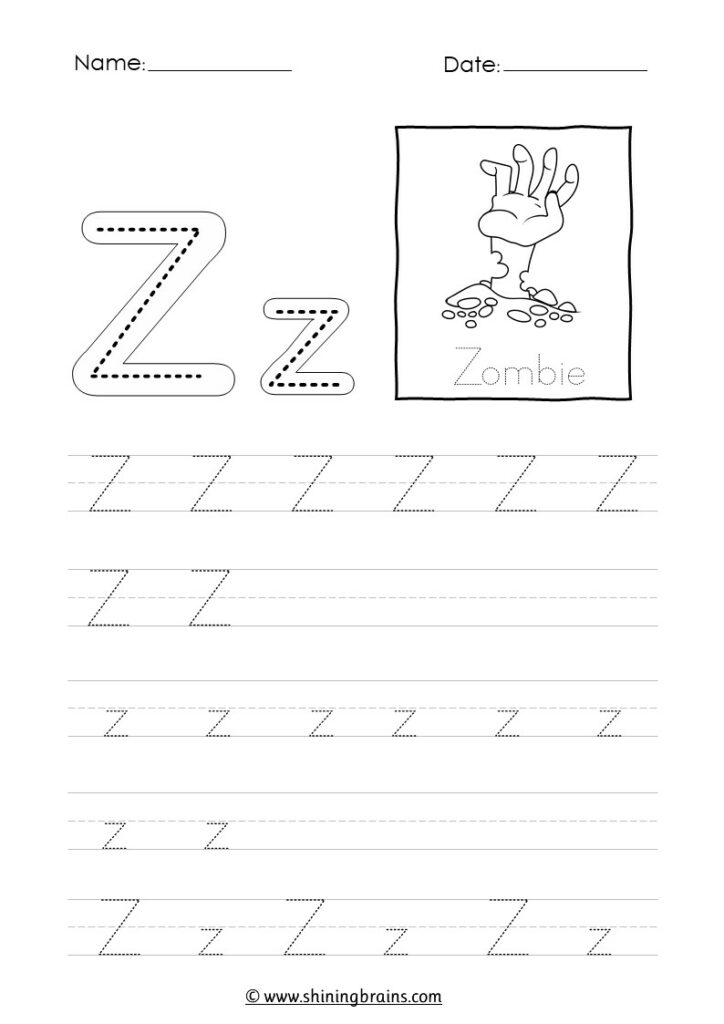
Tracing letters is an important skill for children to learn, but it is essential to remember that every child learns at their own pace. Some children may take longer to master the skill than others, and that is perfectly normal. Patience, persistence, and positive reinforcement are key to helping children develop their writing skills.
In conclusion, tracing letters is a critical step in developing a child’s writing skills. When teaching children to trace letters, it is important to start with the basics, make it fun and engaging, and be patient and encouraging. With time, practice, and guidance, children can learn to write with confidence and precision.
How can tracing uppercase letters help improve a child’s handwriting skills?
Tracing uppercase letters provides children with a tactile and visual way to learn the proper shapes and strokes of letters. This helps them develop fine motor skills and muscle memory required for writing. Tracing allows children to practice letter formation, size consistency, and spacing, which are essential components of handwriting skills.
What are some effective techniques for teaching letter formation through tracing to preschoolers?
Effective techniques for teaching letter formation through tracing to preschoolers include using dotted letter outlines for guidance, providing ample practice space, and encouraging proper pencil grip. Incorporating fun activities and games into tracing sessions can also engage preschoolers and make the learning process enjoyable.
What are the benefits of using sensory materials, like sand or clay, for tracing letters among young learners?
Using sensory materials like sand or clay for tracing letters adds a tactile element to learning. This engages multiple senses and enhances the learning experience. Sensory tracing helps reinforce letter shapes through touch, making it effective for kinesthetic learners. It can also be particularly useful for children with special needs or those who benefit from hands-on learning.





